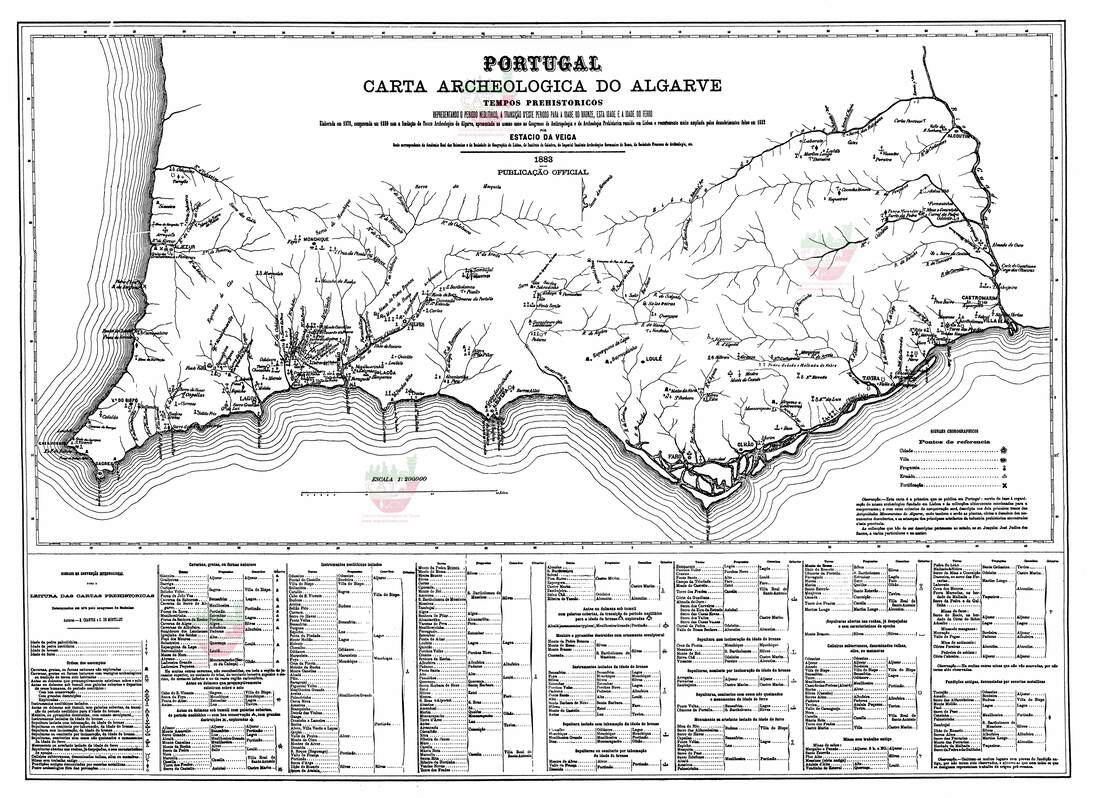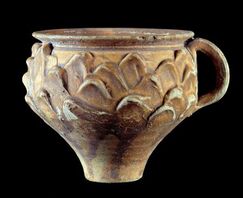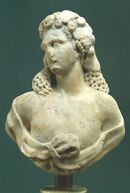06 December 2022
Elisabete Pereira : Estácio da Veiga (1828-1891) and the archaeological heritage of the
Algarve, social and scientific networks.
|
Estácio da Veiga is an important figure in the history of archeology in Portugal and also in the history of the archaeological heritage of the Algarve. For several years, he identified some of the most important archaeological sites in the region and formed a remarkable collection of objects from various locations in the Algarve. This collection gave rise to the «Museu Archeologico do Algarve», curiously opened in Lisbon, on September 26, 1880, within the scope of the International Congress of Anthropology and Prehistoric Archeology. This museum that showed «une méthode vraiment scientifique», according to one of the most important archeologists of the time, the French Émile Cartilhac, was subsequently devalued nationally, being dismantled 11 months after its inauguration.
|
Among these personalities were local figures such as priests, landowners, industrialists and collectors who, in collaboration with Estácio da Veiga, assumed a decisive role in the preservation of the archaeological heritage of the Algarve region.
Elisabete Pereira is an integrated researcher at the Instituto de História Contemporânea (IHC-FCSH/Universidade Nova de Lisboa - CEHFCi-Universidade de Évora).
She holds a PhD in History and Philosophy of Science with a specialisation in Museology (2017). She is co-coordinator of the Dictionary Quem é Quem na Museologia Portuguesa [Who’s Who in Portuguese Museology] and Principal researcher of the project “TRANSMAT — Transnational materialities (1850-1930): reconstituting collections and connecting histories.” (PTDC / FER-HFC / 2793/2020) funded by FCT. Elisabete Pereira research focuses on the history of collections which is the subject of her recent book granted by Direcção-Geral do Património Cultural – Editora Caleidoscópio: Colecionismo Arqueológico e Redes de Conhecimento: Atores, Coleções e Objectos – 1850-1930 (Archaeological Collections and Knowledge Networks: Actors, Collections and Objects). https://www.cienciavitae.pt/portal/3C12-462D-587A
She holds a PhD in History and Philosophy of Science with a specialisation in Museology (2017). She is co-coordinator of the Dictionary Quem é Quem na Museologia Portuguesa [Who’s Who in Portuguese Museology] and Principal researcher of the project “TRANSMAT — Transnational materialities (1850-1930): reconstituting collections and connecting histories.” (PTDC / FER-HFC / 2793/2020) funded by FCT. Elisabete Pereira research focuses on the history of collections which is the subject of her recent book granted by Direcção-Geral do Património Cultural – Editora Caleidoscópio: Colecionismo Arqueológico e Redes de Conhecimento: Atores, Coleções e Objectos – 1850-1930 (Archaeological Collections and Knowledge Networks: Actors, Collections and Objects). https://www.cienciavitae.pt/portal/3C12-462D-587A



